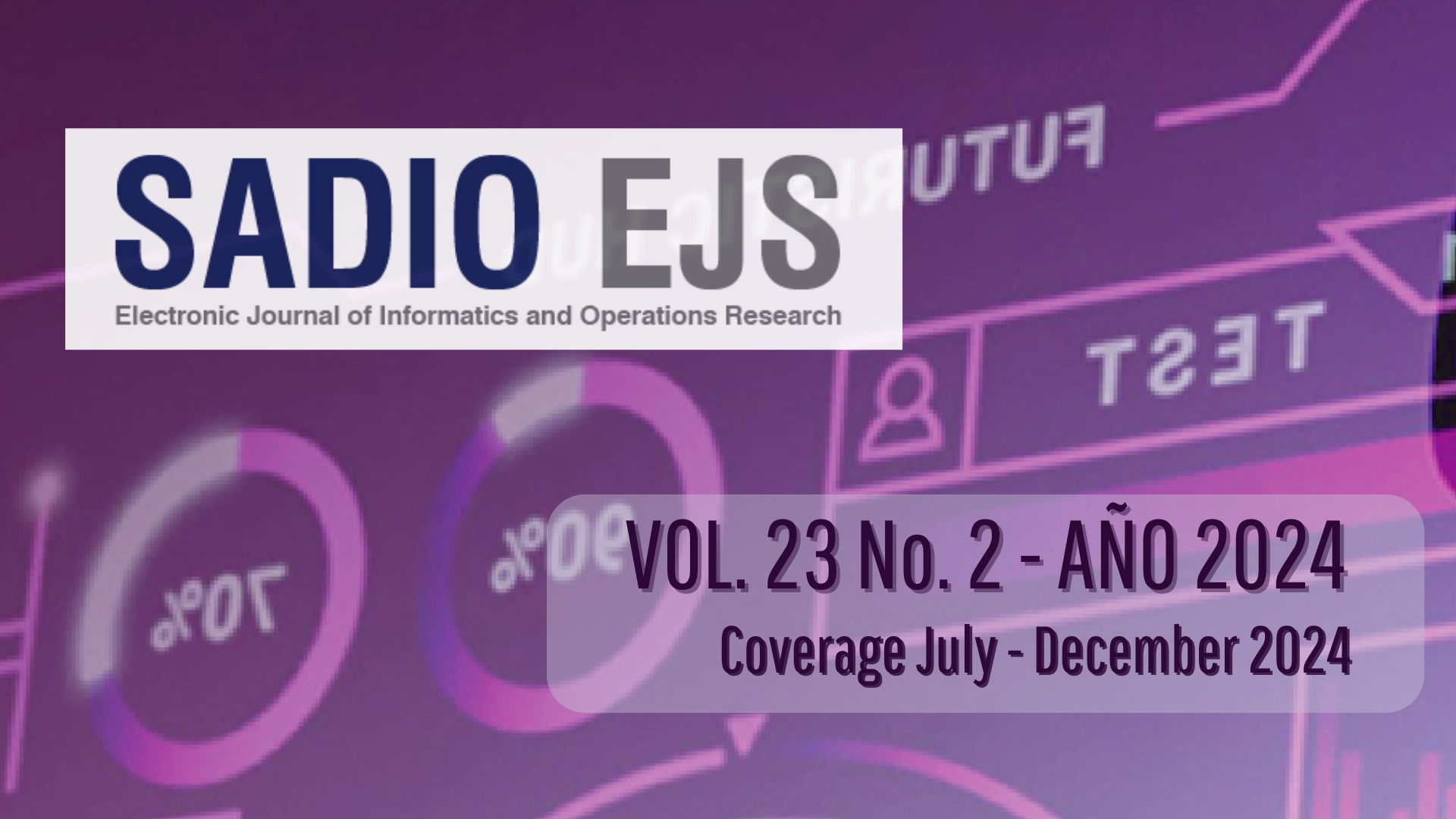Analysis of a University-industry linkage experience in the context of the COVID-19 health emergency
DOI:
https://doi.org/10.24215/15146774e052Keywords:
University-environment linkage, knowledge co-production, COVID-19, exceptionality, stakeholders' networkAbstract
This paper presents the results of the analysis of an experience of collaboration and co-production of knowledge between the university and its environment, motivated in the context of the COVID-19 health emergency. Through the reconstruction of the institutional, organizational and technical path for the production of a cycler for respiratory support, we analyze the key factors that facilitate and obstruct its development, and define the characteristics of the co-production of knowledge in this space of interaction, in which a national university, a technological center and a private company, among other actors, participate. These processes involve interaction dynamics that imply strategies, previous experiences and knowledge of the participants, generating modifications in their practices. A noteworthy finding is the influence of the exceptional nature of the health emergency on the rupture with traditional university-environment linkage processes. The formation of a wide network of actors who collaborated without previous ties, the rapid adaptation and modification of bureaucratic and administrative processes, and a rupture with the traditional logic of the relationship between the university and the company in terms of knowledge are highlighted. The results reveal the agile adaptation of the participants, the transformation of institutional practices and a greater openness towards interdisciplinary collaboration and accelerated transfer of knowledge and technologies. These exceptional experiences could have significant implications for the future of university-industry linkages, suggesting new forms of collaboration and generating hypotheses for future research.
Downloads
Downloads
Published
Issue
Section
License
Copyright (c) 2024 Marisa Álvarez, María Eugenia Grandoli, Verónica Xhardez

This work is licensed under a Creative Commons Attribution-NonCommercial-ShareAlike 4.0 International License.
Those authors who have publications with this journal, agree with the following terms:
a. Authors will retain its copyright and will ensure the rights of first publication of its work to the journal, which will be at the same time subject to the Creative Commons Atribución-NoComercial-CompartirIgual 4.0 Internacional (CC BY-NC-SA 4.0) allowing third parties to share the work as long as the author and the first publication on this journal is indicated.
b. Authors may elect other non-exclusive license agreements of the distribution of the published work (for example: locate it on an institutional telematics file or publish it on an monographic volume) as long as the first publication on this journal is indicated,
c. Authors are allowed and suggested to disseminate its work through the internet (for example: in institutional telematics files or in their website) before and during the submission process, which could produce interesting exchanges and increase the references of the published work. (see The effect of open Access)





















